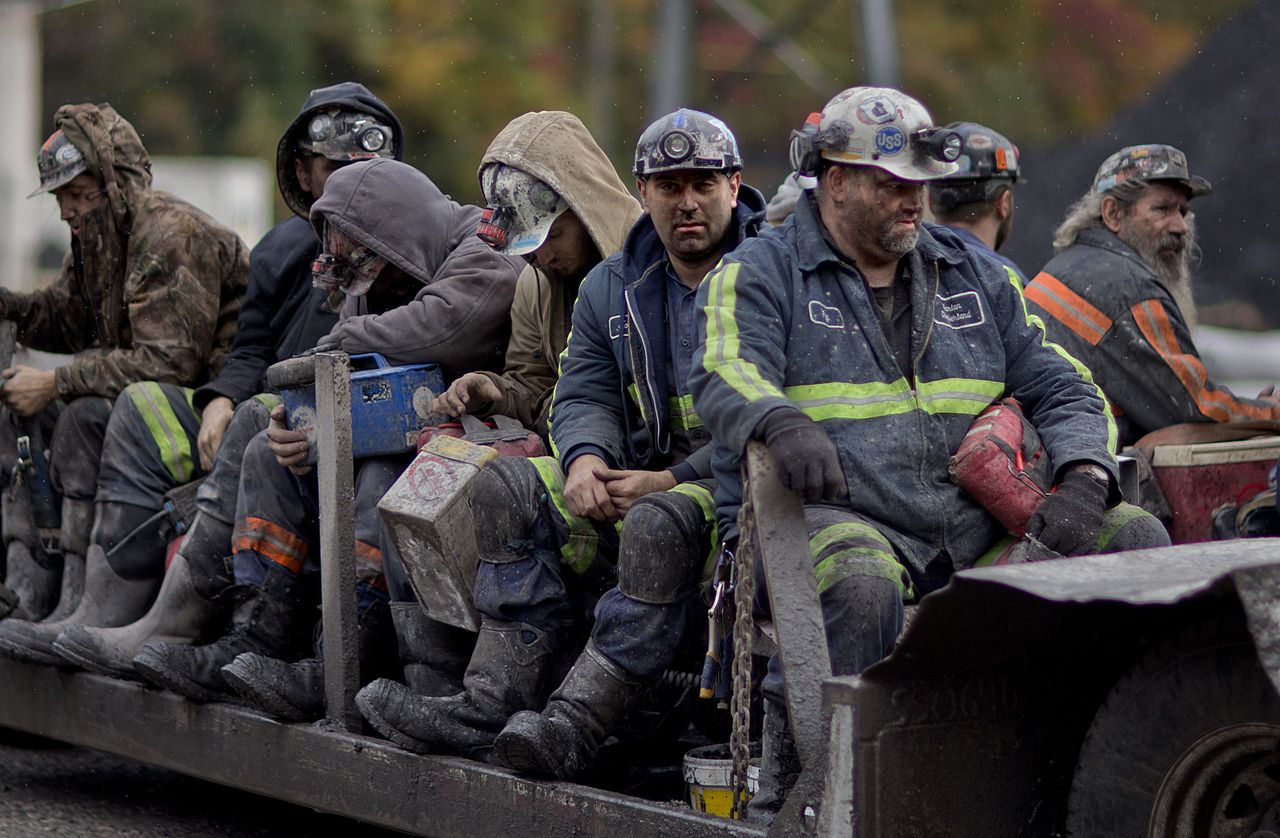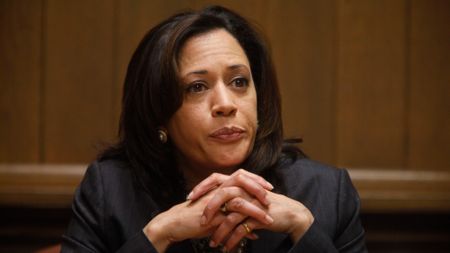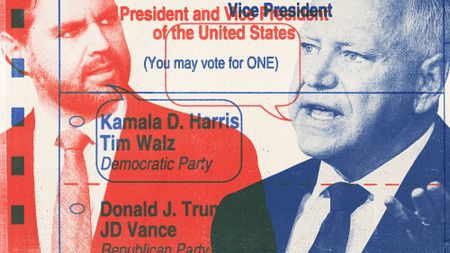Why Hillary Clinton got trounced in coal country
This goes beyond the "gaffe"


Hillary Clinton appears to have eked out a win in last night's Kentucky primary. It's an improvement over her loss to Bernie Sanders in West Virginia last week, 51 to 36 percent. But it's hardly a resounding victory.
Recent years have not been kind to the Democrats' relationship with the Appalachian region. After serving as a Democratic bastion for decades, West Virginia has rushed into the GOP's embrace in the last 10 years, Donald Trump is expected to walk away with the state's electoral vote. Kentucky turned red well before that.
There's a lot going on here, but a big piece of the story can be summed up in a single word: coal.
Subscribe to The Week
Escape your echo chamber. Get the facts behind the news, plus analysis from multiple perspectives.

Sign up for The Week's Free Newsletters
From our morning news briefing to a weekly Good News Newsletter, get the best of The Week delivered directly to your inbox.
From our morning news briefing to a weekly Good News Newsletter, get the best of The Week delivered directly to your inbox.
Coal mining remains a mainstay of local economic life in Appalachia. The industry's prominent cultural position is more a matter of oral tradition and hype than reality — it employed only 0.6 percent of Kentucky's workforce, and 4.6 percent of West Virginia's in 2014 — but the political potency of the decline of coal is no less real. Many voters in the region are extremely hostile to the Obama administration — and, by extension, Clinton — over what they see as the punitive regulatory costs of the White House's efforts to curb greenhouse gas emissions.
Clinton certainly isn't ignorant of all this. In November, she proposed a $31 billion aid package to help the region transition off the coal industry through infrastructure investment, job retraining, research grants, repurposing old mine sites, and more. Nonetheless, West Virginia shot her down. And Sanders thumped her in Kentucky's coal counties.
That's led some liberals and Democrats to wonder if coal country is simply too reactionary and anti-climate action for the modern Democratic party. But I think the fact that it's Sanders specifically that's given Clinton a serious run for her money there should complicate that view.
Clinton certainly got raked over the coals for a gaffe: "We're going to put a lot of coal miners and coal companies out of business," she told an Ohio town hall. But it was taken out of context from a longer and nuanced answer that was basically acknowledging reality for what it is. More to the point, Sanders is even more ardent than Clinton on the need to eliminate coal from the U.S. energy mix, and his rhetoric regularly reflects this.
To some extent, Clinton was the victim of capricious circumstance. The chances are scant that most regular voters in coal country pay overly detailed attention to the candidate's statements and platforms. Many of the votes for Sanders may have been protest votes against the candidate associated with the White House.
But I think a big part of why Clinton couldn't win coal country is because of her larger messaging problem.
Philosopher Isaiah Berlin once wrote a — by his own lights, rather frivolous — essay on how there a basically two kinds of people in the world: foxes and hedgehogs. The idea is that foxes know many things, but the hedgehog knows one big thing. This pretty much nails the split between Sanders and Clinton.
Sanders has his own aid package to help the region transition off coal, and it's $41 billion compared to Clinton's $30 billion. Both packages are respectable, though not enormous. But the real key is that Sanders weds that aid package to a proposal to dump $500 billion in spending on new green energy investment. And his overall proposed infrastructure packages for the nation is about $1 trillion compared to Clinton's $275 billion.
Offering people job retraining and better transportation and lots of other little fixes just doesn't sound up to the challenge. Appalachia has been hit hard by the aftermath of the Great Recession, and beyond that by the general rot that's set in to the national economy since the early 1980s. West Virginia, in particular, has an unemployment rate of 7 percent, only 49.5 percent of its residents are working, and its median per capita income was $36,644 in 2014. Kentucky's unemployment rate is much closer to the national average of 5 percent. But even there labor force participation is not stellar, as only 53.3 percent of Kentuckians have a job.
Point being, coal country have been battered by a host of economic forces. Obsessing over coal specifically may sound irrational, but it's a synecdoche of economic decline. If Clinton wants to win the region, she needs to offer funding that's commensurate with the region's problems. But precisely because most voters aren't paying super close attention to the details of rhetoric and policy packages, she also needs to propose something new and concrete for them to hang on to.
Sanders' proposals aren't just big in dollar terms, they're the kind that can fit on a bumper sticker: Single-payer health care, fight inequality, break up the big banks, etc. So Clinton might be well served by a similar strategy. Unapologetic industrial policy seems like one possible route: Investing big in solar and nuclear power would have particular resonance, given their value as green alternatives to coal.
No nation or region can chalk up its problems to a single thing. So I understand why policy experts would praise Clinton's coal country aid package as "multi-faceted." To govern, one must inevitably be a fox.
But to sell yourself to them, it might be better to take a cue from the hedgehog: Keep it big and keep it simple.
Sign up for Today's Best Articles in your inbox
A free daily email with the biggest news stories of the day – and the best features from TheWeek.com
Jeff Spross was the economics and business correspondent at TheWeek.com. He was previously a reporter at ThinkProgress.
-
 Today's political cartoons - March 29, 2025
Today's political cartoons - March 29, 2025Cartoons Saturday's cartoons - my way or Norway, running orders, and more
By The Week US Published
-
 5 tactically sound cartoons about the leaked Signal chat
5 tactically sound cartoons about the leaked Signal chatCartoons Artists take on the clown signal, baby steps, and more
By The Week US Published
-
 Roast lamb shoulder with ginger and fresh turmeric recipe
Roast lamb shoulder with ginger and fresh turmeric recipeThe Week Recommends Succulent and tender and falls off the bone with ease
By The Week UK Published
-
 The JFK files: the truth at last?
The JFK files: the truth at last?In The Spotlight More than 64,000 previously classified documents relating the 1963 assassination of John F. Kennedy have been released by the Trump administration
By The Week Staff Published
-
 'Seriously, not literally': how should the world take Donald Trump?
'Seriously, not literally': how should the world take Donald Trump?Today's big question White House rhetoric and reality look likely to become increasingly blurred
By Sorcha Bradley, The Week UK Published
-
 Will Trump's 'madman' strategy pay off?
Will Trump's 'madman' strategy pay off?Today's Big Question Incoming US president likes to seem unpredictable but, this time round, world leaders could be wise to his playbook
By Sorcha Bradley, The Week UK Published
-
 Democrats vs. Republicans: who are the billionaires backing?
Democrats vs. Republicans: who are the billionaires backing?The Explainer Younger tech titans join 'boys' club throwing money and support' behind President Trump, while older plutocrats quietly rebuke new administration
By Harriet Marsden, The Week UK Published
-
 US election: where things stand with one week to go
US election: where things stand with one week to goThe Explainer Harris' lead in the polls has been narrowing in Trump's favour, but her campaign remains 'cautiously optimistic'
By Harriet Marsden, The Week UK Published
-
 Is Trump okay?
Is Trump okay?Today's Big Question Former president's mental fitness and alleged cognitive decline firmly back in the spotlight after 'bizarre' town hall event
By Harriet Marsden, The Week UK Published
-
 The life and times of Kamala Harris
The life and times of Kamala HarrisThe Explainer The vice-president is narrowly leading the race to become the next US president. How did she get to where she is now?
By The Week UK Published
-
 Will 'weirdly civil' VP debate move dial in US election?
Will 'weirdly civil' VP debate move dial in US election?Today's Big Question 'Diametrically opposed' candidates showed 'a lot of commonality' on some issues, but offered competing visions for America's future and democracy
By Harriet Marsden, The Week UK Published
